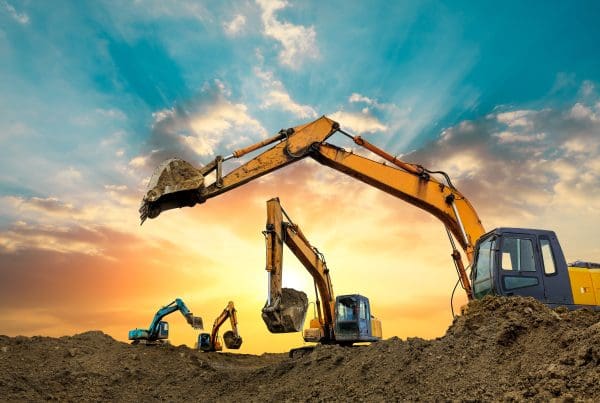商用车
2022-02-04
荷兰的商用车电动化路径

ALASTAIR HAYFIELD
Alastair在规模化、高增长的工业和技术市场领域拥有超过15年的领导研究项目经验。作为商用车辆部门的高级研究总监,他负责电动卡车和公交车、自动驾驶和非道路设备电动化领域的前沿研究。
The Netherlands – with perhaps one cautious eye on its low-lying geography and raising sea levels – is developing an ambitious policy framework and local manufacturing base to decarbonize vehicles with the most intensive duty cycles. Although it is early, other countries would be wise to monitor the Netherlands to see how effective its policy is and how quickly its manufacturing expertise can be scaled and exported to expand commercial vehicle electrification.
Policies support market development
There are three policy areas where The Netherlands is making substantial progress versus other countries. First, it has announced in December 2021 the “Clean and Emission-Free Construction Material Subsidy Scheme (SSEB).” €270m will be available for the scheme up to 2030 for either the purchase of zero emission construction machines, or the retrofit of older machines. Depending upon the size of the company, up to 50% of the purchase price can be recovered. Second, the Netherlands signed up to the Global Memorandum of Understanding on Zero Emission Medium- and Heavy-Duty Vehicles at COP 26 which commits it to targets of 30% of new medium and heavy-duty vehicles being zero emission by 2030 and 100% by 2040. Third, nearly 30 cities across the Netherlands have pledged to establish zero emission zones by 2025 which will effectively ban polluting delivery and goods vehicles.
Local OEMs to benefit nationally and internationally
Domestically, companies like VDL are already driving the electric bus revolution across Europe. Firm support in their home market will help them to continue their market leading presence. DAF has been slower in terms of developing electrified trucks, but this new domestic policy focus will help provide the foundation for growth around Europe as other countries follow the same route as the Netherlands.
And it isn’t just on-road OEMs that are benefitting. Limach – which specializes in ‘upfitting’ excavators to be electric – has developed a range of electric excavators and, recently, BAM commissioned Wirtgen and New Electric to develop a battery electric asphalt paver.
Supply Chain Gearing Up
There are many suppliers – large and small- in the Netherlands will benefit from this national policy too. Smesh have developed an innovative e-axle that can be used to greatly improve the overall efficiency of electric heavy-duty vehicles. And it goes wider to products used for refueling of electric vehicles. DENS is working on a power generator for construction sites that is fueled with hydrozine (formic acid). The formic acid is converted into hydrogen with CO2 capture possible, meaning zero emission refueling of electric machinery in off-grid locations.
Summary
The Netherlands is developing a smart partnership between public and private entities. Government funding and regulations help to drive the market whilst local vendors are in a prime position to use this investment to boost their own growth. Smart countries will watch and learn.
To continue the conversation get in touch with Alastair direct: Alastair.Hayfield@InteractAnalysis.com
其他商用车领域洞察

非道路领域是否已迎来高性能计算平台时代?

2024年,巴西挖掘机进口五倍于出口
